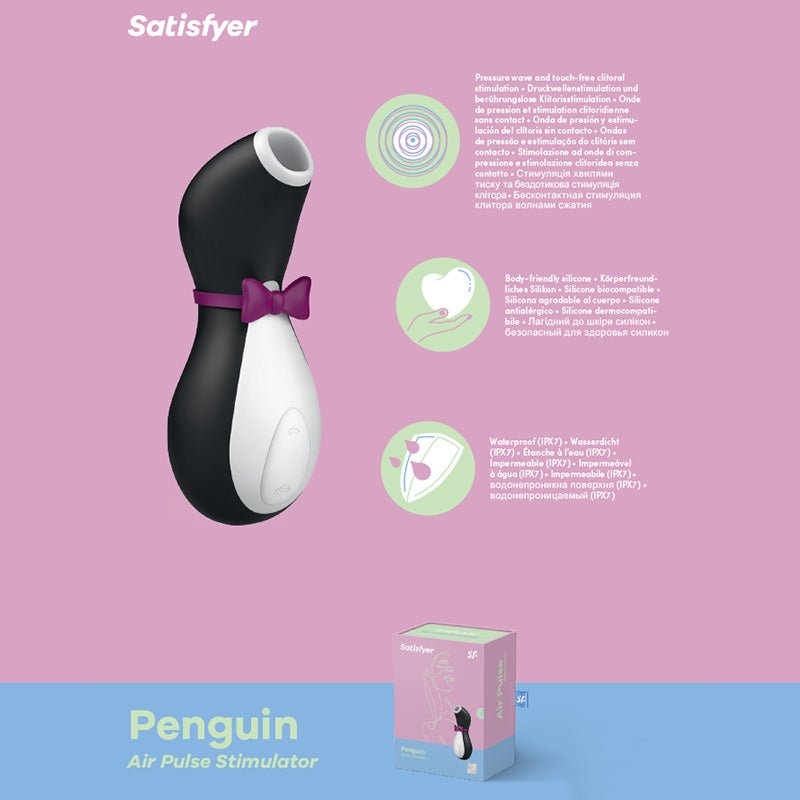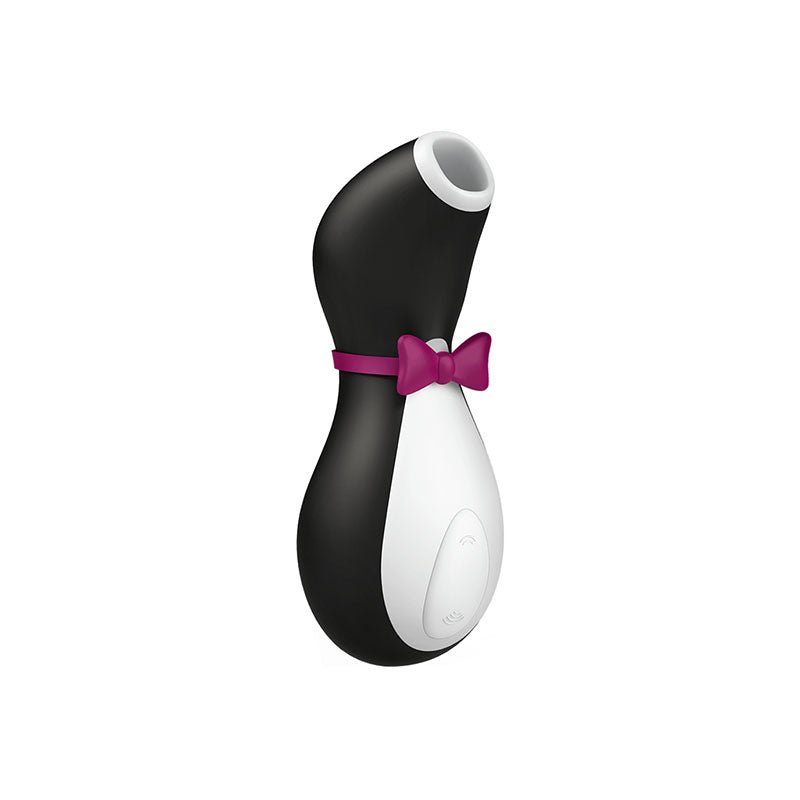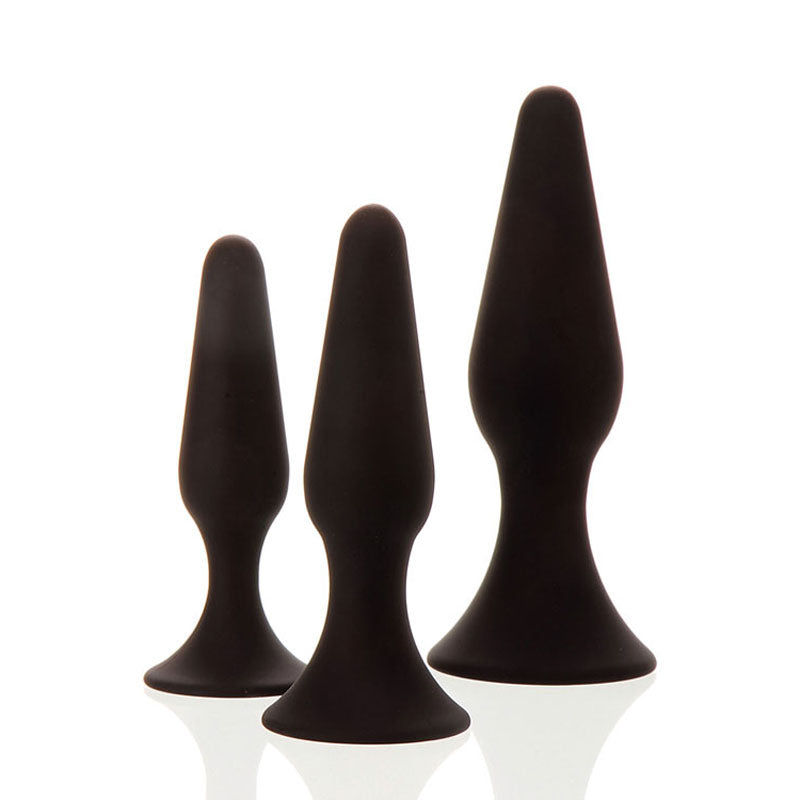What is a Queefing?
What is a queefing?
Queefing is a term that refers to the release of air from the vagina, creating a sound that is often described as similar to flatulence (or farting). This phenomenon occurs when air becomes trapped in the vagina and is then expelled, typically during or after sexual activity, exercise, or other movements that involve the pelvic area. Queefing is a natural and normal occurrence and is not a cause for concern. It happens due to the anatomy of the female reproductive system, where air can enter the vagina and get temporarily trapped.
It's important to note that queefing is unrelated to the digestive system and has no odor, as it involves the release of trapped air rather than the expulsion of gas produced by the digestive process. While some people may find queefing embarrassing, it's a common and harmless occurrence, and there's no need to be concerned about it from a health perspective.

Is Queefing healthy and common?
Yes, queefing is a completely normal and healthy occurrence and so is the queef sound. It is a natural release of air from the vagina and is not associated with any health issues. It's important to understand that queefing is a physiological process and is not a sign of any underlying health problems. According to a recent study, this is most likely during penetrative sex, although it can also happen during fingering and oral sex. Also, exercise activities that involve posture changes (e.g. jogging and sit-ups) can also cause air to move in and out of the vagina. Certain body positions relax the muscles more—doggy-style in the bedroom and the downward-facing dog in yoga class are believed to be primary queef-enablers. While some individuals may feel embarrassed or self-conscious about queefing, it's essential to recognize that it's a common and harmless occurrence. Queefing is very common! On Reddit, numerous anecdotes affirm the commonality of queefing. One woman emphasized its normalcy, sharing that during intercourse with her partner, they either ignore it or share a laugh. Similarly, a man noted the randomness and common occurrence of queefing during intimate moments.
How do I prevent queefing?
While there's no foolproof method to prevent queefing, engaging in targeted pelvic floor exercises known as Kegels might help reduce queefing, particularly if you have pelvic floor issues.
Although Kegels are not proven to be a direct remedy for queefs, strengthening weak pelvic floor muscles through these exercises could theoretically lower the likelihood of queefing. To perform Kegels, squeeze your pelvic muscles for three seconds, then relax for three seconds, repeating this about 10 times, three times a day. Ensure your bladder is empty before starting. Alternatively, check out our range of Kegel balls and trainers.
Ultimately, it's advisable not to overly concern yourself with queefing, acknowledge its natural occurrence, and accept it as a normal part of your body's functioning.
How do people react to the queef sound in bed?
Responses from men on a Reddit thread regarding queefing range from indifference to positive arousal. One individual mentioned that he doesn't find it bothersome, explaining, "The only pause that might occur after a queef sound is sharing a laugh with my partner about it, and then it's back to the task at hand." Another man even expressed being turned on by queefing, stating, "Seems like I'm in the minority, but I actually find it somewhat appealing." Interestingly, a small group of men on the platform identify as queef fetishists. Various reactions include:

Nonchalance: Many individuals view queefing as a natural occurrence and continue with the activity, possibly sharing a lighthearted moment.
Laughter: Some people find queefing amusing and respond with laughter, reflecting a relaxed attitude toward bodily functions.
Embarrassment: In certain situations, individuals may feel embarrassed about queefing, often tied to societal expectations. Open communication between partners can help address such feelings and reduce discomfort.
Communication: Establishing healthy communication between sexual partners is crucial. If queefing occurs, partners can openly discuss it, reassuring each other that it's a natural bodily function.
Now you know what is a queefing it's essential to highlight that queefing is a natural part of the body's functioning. While partners may generally be understanding and accepting, individual reactions vary, making open communication and a comfortable atmosphere key for a positive sexual experience.
As a special thank you for taking the time to read our blog, we'd like to reward you with an exclusive 5% discount code to use in our online store, Ignight Me! Simply enter the code BLOG5%OFF at checkout to enjoy 5% off your next purchase. Happy shopping!














